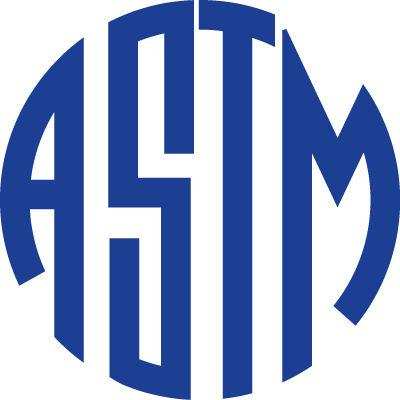Wed, Aug 19, 2015
Committee F46 On Aerospace Personnel Will Develop Training Standards For Airplane Technicians
On Wednesday, a group of aerospace and aviation experts will launch an effort to create global training standards for technicians and other industry workers. The group meets at the Kansas City Marriott Downtown. This is the first new committee launched this year by ASTM International, one of the world’s largest standards development organizations.

Called Committee F46 on Aerospace Personnel, the group aims to create consensus-driven standards that will help workers gain skills that adapt to new technologies and other advancements. The group also hopes that their efforts will strengthen the pipeline of workers due to the industry’s aging workforce and the growing demand for air travel. Boeing, for example, recently announced that over the next 20 years, global aviation will add 38,000 planes requiring 600,000 more technicians.
The committee consists of a cross-section of industry, including manufacturers, suppliers, nonprofits, training institutes, governments and others. They are particularly interested in addressing the need for high-skilled workers in areas such as aircraft assembly, avionics, IT systems, repair stations and more.
The group’s chairman, Sam Haycraft, a technician who founded jet-maintenance company West Star Aviation, says, “Training standards need to reflect what technology is today, not what it was 40 or 50 years ago.”
The committee – whose meeting coincides with National General Aviation Maintenance and Manufacturing Week – will develop standards that define core competencies, providing a baseline for education, testing and certification requirements. These standards will help employers by providing a uniform expectation of knowledge and skills while also supporting broader efforts to attract and retain workers.
Jim Sparks, an aviation maintenance professional on the committee, cites the U.S. Federal Aviation Administration’s Next Generation Air Transportation System (NextGen) initiative as an example of why the group’s work is crucial. He says, “It has become increasingly critical for knowledge and skill standards to evolve in step with the rapid advancement in the aviation industry. Training, education and certification need to keep up.”
Already, ASTM International has developed many standards in areas such as airplanes and jet fuel. In 2013, the National Center for Aerospace and Transportation Technologies became part of ASTM, providing a significant boost to ASTM’s portfolio of personnel certification programs.
More News
He Attempted To Restart The Engine Three Times. On The Third Restart Attempt, He Noticed That Flames Were Coming Out From The Right Wing Near The Fuel Cap Analysis: The pilot repor>[...]
Make Sure You NEVER Miss A New Story From Aero-News Network Do you ever feel like you never see posts from a certain person or page on Facebook or Instagram? Here’s how you c>[...]
From 2009 (YouTube Edition): Leading Air Show Performers Give Their Best Advice for Newcomers On December 6th through December 9th, the Paris Las Vegas Hotel hosted over 1,500 air >[...]
Aero Linx: NASA ASRS ASRS captures confidential reports, analyzes the resulting aviation safety data, and disseminates vital information to the aviation community. The ASRS is an i>[...]
“For our inaugural Pylon Racing Seminar in Roswell, we were thrilled to certify 60 pilots across our six closed-course pylon race classes. Not only did this year’s PRS >[...]
 NTSB Final Report: Rutan Long-EZ
NTSB Final Report: Rutan Long-EZ ANN FAQ: Turn On Post Notifications
ANN FAQ: Turn On Post Notifications Classic Aero-TV: ICAS Perspectives - Advice for New Air Show Performers
Classic Aero-TV: ICAS Perspectives - Advice for New Air Show Performers ANN's Daily Aero-Linx (06.28.25)
ANN's Daily Aero-Linx (06.28.25) Aero-News: Quote of the Day (06.28.25)
Aero-News: Quote of the Day (06.28.25)



